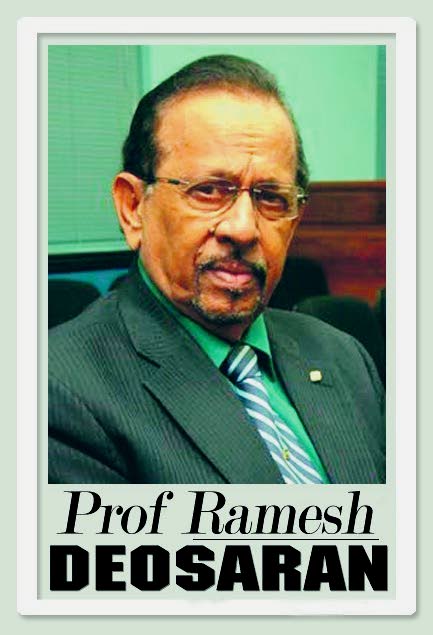Protests, BBC and race

Edinburgh. There is growing uneasiness in the major cities of Britain, mainly through protracted quarrels over Britain’s withdrawal from the European Union, distressing city-wide, anti-pollution protests and to a lesser extent, criticisms over “the BBC race war.”
Major roads in London are blocked, workers and tourists are frustrated, almost 500 protesters arrested and London’s Metropolitan Police Force complains of being overstretched. All this from shock and awe, country-wide demonstrations by an internationally-connected group, Extinction Rebellion, calling for quick, sustainable government action on climate change and affecting major cities in the UK. Media-driven opinions are sharply divided as to the effectiveness of Extinction Rebellion’s well-funded strategies.
Comparisons are made with Hong Kong’s massive pro-democracy protests and last week’s violent street protests in Ecuador against government’s increase in gas prices. British PM Boris Johnson loudly condemned the climate change protesters, only to find a few days later his father, Stanley Johnson, rubbing shoulders and lending strong public support to them. The London police came under public fire last April for ineffectiveness when the Rebellion group staged earlier street protests. Last week, hundreds of them patrolled the streets.
But there is more to Britain’s uneasiness. Our Foreign Affairs Minister, Dennis Moses, and High Commissioner in London, Orville London, have their work cut out for them. In fact, Caricom itself as well should now be fed background intelligence on the extent to which the UK's possible withdrawal from the 27-member European Union (EU) will affect their economy, development aid, immigration facilities and related diplomatic relations. I say “possible withdrawal” mainly because with the see-saw negotiations and threatening deadlines he faces, Johnson is likely to call an election to affirm his preferred withdrawal in the face of mounting opposition. Protests from both sides – remain or leave – add to the Brexit confusion.
At the same time, public opinion has been shifting towards a “remain in the EU” direction. But Boris’ public posture has been for Brexit – leave the EU. Another referendum may well be awkward for him. Scotland does not care. In fact, the push for his removal as PM comes strongly from Scotland’s political leadership, where identity politics is experiencing a revival against the EU.
Now while UK-EU contestation may seem distant from Caricom, as Caribbean diplomat Sir Ronald Saunders warned, there are serious implications for Caricom. Without consolidated diplomatic representation, Caricom must move quickly with proactive, not reactive, alternatives.
The “BBC race war” that captured lavish media attention stemmed from how one of its major TV hosts, Naga Munchetty, commented on US President Donald Trump’s attack on four coloured female congresswomen who had criticised him. Seemingly provoked, Trump advised them to “go back and fix their broken, crime-infested countries.” When asked during her show what she thought of Trump’s remarks, 44-year-old Munchetty (of Pakistani and Mauritius heritage) said “it was racist and further, any time someone tells me as a woman of colour to go back from where you came, I get furious. It is racist.” Many viewers complained about her remarks on air. The BBC has a special Complaints Unit.
The BBC management upheld such complaints, saying Munchetty crossed the guidelines in that BBC interviewers should not give their personal opinions during interviews on the air. Many journalists publicly protested the BBC’s ruling. BBC director general Tony Hall overturned the corporation's ruling. Broadcast oversight agency Ofcom also set out on further inquiry which included “the lack of transparency in BBC’s complaints process.” The BBC tried to block the Ofcom inquiry. Apart from the racial implications, there is the questionable BBC rule about the use of personal opinions during on-air interviews.
On our television stations, Synergy’s morning host, Stephan Reis, gives his personal opinions profusely; so too does Hema Ramkissoon on her morning TV show. TV6's Fazeer Mohammed does it less, using instead the device of provocative questions.
TTT hosts are understandably rather reticent. About 20 years ago, journalists – print and electronic – were allowed to use personal opinions. It was proudly called “new journalism.” What is the current policy on this matter at our media?


Comments
"Protests, BBC and race"